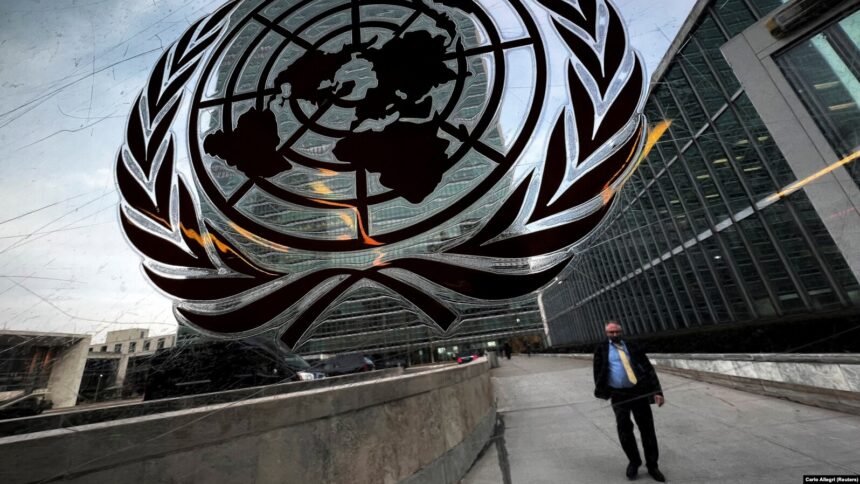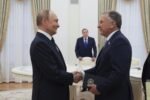The United Nations Security Council will hold closed-door consultations today, August 7, to discuss the escalating political situation in Bosnia and Herzegovina, following the revocation of Milorad Dodik’s mandate as President of Republika Srpska.
According to the Council’s official schedule, the session will begin at 21:00 CET.
The meeting was requested by Russia, as confirmed by Panama’s Mission to the UN, which currently holds the rotating presidency of the Council. Russian media outlet RIA Novosti was the first to report the development.
Dodik’s Mandate Revoked, Legal and Political Fallout Ensues
On August 6, Bosnia’s Central Election Commission (CIK) officially revoked Dodik’s mandate, citing a final court ruling sentencing him to one year in prison and banning him from holding public office for six years. The decision is based on provisions in the Election Law of Bosnia and Herzegovina, which mandates automatic removal for elected officials convicted and sentenced to at least six months in prison.
Dodik, who was elected president in the 2022 general elections, has refused to accept the verdict, claiming the process is politically motivated.
Referendum Threat and Legal Roadblocks
In response to the CIK’s decision, Dodik announced a referendum in Republika Srpska, asserting it would reflect the will of the people regarding his mandate. However, Bosnia’s Constitution does not allow entity-level referenda on such matters.
Following the August 1 announcement of his sentence by the State Court, Dodik declared:
“As long as I’m president, no elections will be held on RS territory.”
Early elections for the presidency of Republika Srpska can only be scheduled after the legal appeal period expires. Once the CIK’s decision becomes final, elections must be held within 90 days.
Institutional Pushback and Uncertain Path Forward
In the wake of the verdict, Dodik’s party—the Alliance of Independent Social Democrats (SNSD)—rejected the ruling, while the RS government echoed his stance. An extraordinary session of the National Assembly of Republika Srpska has also been announced, where a formal institutional response is expected.
Still, no official body in Republika Srpska has formally endorsed Dodik’s call for defiance or referendum, reflecting a degree of institutional hesitation in escalating the crisis.
Early Elections in Limbo
The decision by the CIK opens the door to early presidential elections in Republika Srpska, but significant obstacles remain. Political analysts warn that elections may be delayed or obstructed by local authorities, particularly if they align with Dodik’s position.
The unfolding political crisis is now drawing international attention, and the UN Security Council’s emergency session could mark the beginning of global diplomatic engagement in Bosnia’s escalating internal conflict.







